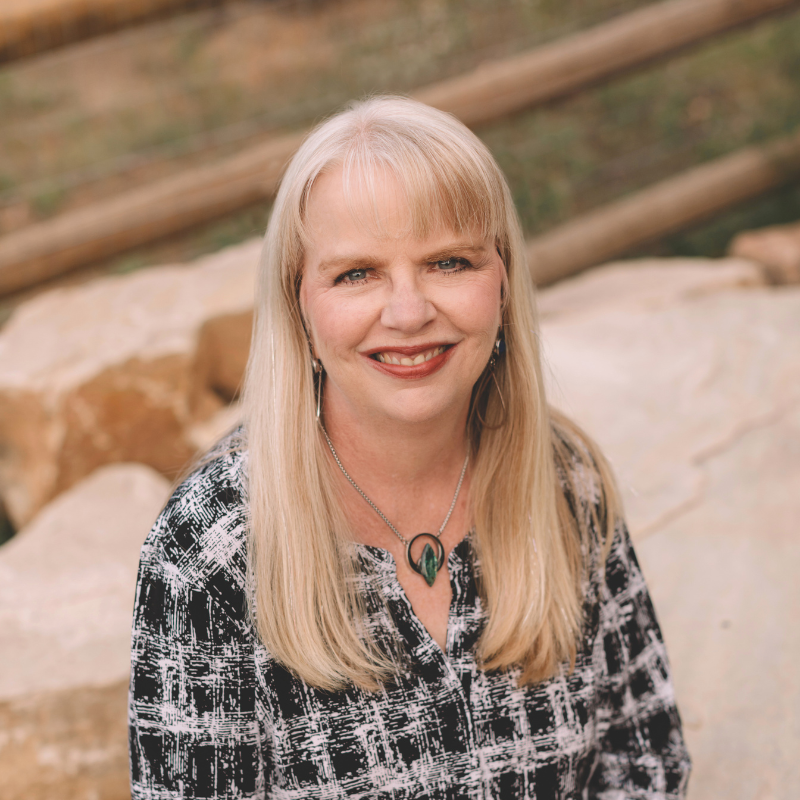I had the opportunity to guest author with my friend Gary Crist – Penny
Dear Gary: I have a grown daughter who is a single mother to my 5-year-old grandson, Brandon. My daughter works full-time, rents an apartment, and has transportation. My frustration is with the choices she makes financially and how these affect my grandson.
Just so you know, Brandon’s father is in prison and is of little help to his family. I get very frustrated with the way my daughter blows her money and then comes to me to help her out with monthly bills, etc. She has no savings account and spends money like she has a lot of it. She leases a new car, buys new clothes and expensive things like an iPad, huge flat-screen TV, etc. Much of this goes on her credit cards, which are usually maxed out.
I know I should not enable her by bailing her out every month, but I cannot let my grandson go without the things he needs. I know you are not a financial planner, but any direction or advice I could show her would be very helpful.
— At My Wits End in Loveland
Dear At My Wits End: You are correct that I am not an expert on finances, so I have asked Penny Kidd to give some advice. Penny is the owner of Pennywise Coaching where she helps people, like your daughter, get out of debt, and manage their money wisely. Here is her response:
Dear Wits End, Money management is 20 percent knowledge and 80 percent behavior. If your daughter is ready and willing to learn how to handle her money for a future of success, she could contact me or find someone who will be willing to educate her and walk alongside her in the process of learning new skills. I teach people how to tell their money where to go, instead of wondering where it went.
The first step is to have a $1,000 initial emergency fund. The next step is to pay off all debts using the debt snowball, paying the smallest balance first. Using cash is another key to success. It is important to have 3-6 months of your expenses set aside as an emergency fund before building investments. The key to these steps is having a working “zero-based budget,” where you tell every dollar of income where it should go before you spend it.
In our society, many people buy what they want and worry about the consequences later. We are facing a future of Americans who are not planning for retirement or children’s college, and then they are saddled with huge amounts of debt and no savings, which is the cause of a great deal of stress.
At your daughter’s age, she has time on her side to start to clean up her finances and start investing in her and her son’s future. I am confident that your daughter will find, as I have, that being in charge of her finances is a very empowering process.
— Penny Kidd
Dear Wits End: Another part of this discussion is the enabling that you identified that you should not be doing. There is a fine line between helping your daughter and enabling her.
Your daughter is smart enough to ask you to help with bills that could affect your grandson rather than asking you to help her buy a new purse. Given that, your daughter will not feel motivated to change her ways with her money until she feels the pain and discomfort of failing.
Set clear boundaries with your daughter in regards to your financial help. Let her know that if you see that she is getting help from someone like Penny and using that education and support to make good decisions, you are willing to help her out temporarily.
If she continues to abuse her charge cards and buy things that are wants rather than needs, then she needs to understand that you are not her bank. If you see your grandson doing without, offer to help him directly.Best of luck to both of you
— Gary
Gary Crist is a mediator, social worker, facilitator and trainer.

